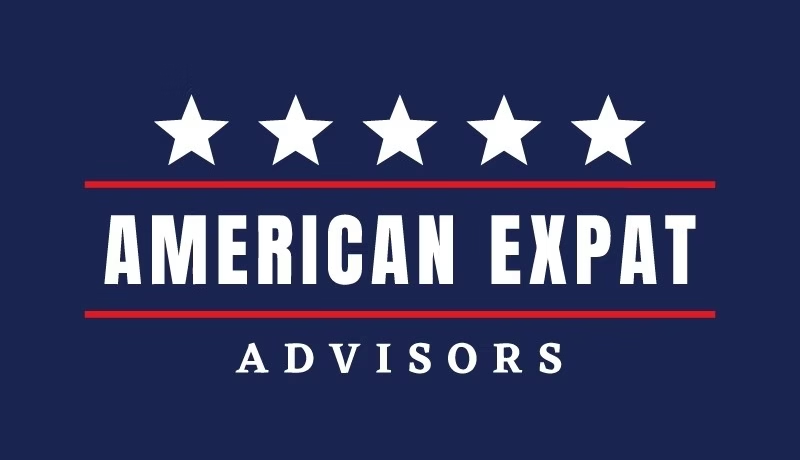The Trump administration has wasted no time shaking up retirement planning. With a swift executive order, the White House is opening the gates for 401(k) investors to access alternative assets such as private equity, real estate, crypto, infrastructure, and more. For many Americans at home, this feels like the democratization of Wall Street’s secret garden. For Americans abroad, however, the impact could be far more complex and potentially game-changing.
Why This Matters
401(k) plans hold nearly $9 trillion in assets. Until now, most of that money has been locked into the familiar duet of stocks and bonds. Defined-benefit plans and endowments have long played in private markets, but individual savers were kept at arm’s length. Trump’s EO is designed to change that.
For Americans overseas, who often leave behind dormant 401(k)s when they relocate, this expansion could either create fresh opportunities or introduce risks they are not prepared for.
The Opportunity
Access to higher growth: Alternatives have historically delivered stronger long-term returns than public markets. For expats with fewer years of contributions to U.S. retirement accounts, the upside of private markets could help close savings gaps.
Diversification: Real estate, infrastructure, and private credit do not move in lockstep with the S&P 500. That matters when global markets are volatile and currencies are in flux.
Professional management: Many of these options will come through target-date funds or managed sleeves, meaning fiduciaries, not individual investors, bear the brunt of decision-making.
The Risk
Liquidity and lockups: Unlike mutual funds, alternatives can tie up capital for years. Expats with uncertain relocation timelines may find themselves mismatched.
Fees and opacity: Private equity and hedge strategies often carry higher fees and murkier reporting. Add cross-border tax implications, and it is not just complicated; it is messy.
Fiduciary uncertainty: While the Department of Labor has softened litigation concerns, fiduciaries are not immune from lawsuits if outcomes sour. Early adopters may be guinea pigs.
What Expats Should Do Now
Review old 401(k)s: If you have left accounts behind in the U.S., this is the time to revisit whether they still serve your needs.
Understand the tax overlay: Cross-border taxation can turn a “great alternative investment” into a liability. Always align with a U.S.-licensed advisor who understands international tax treaties.
Do not chase headlines: Just because your plan can add crypto or private equity does not mean it should. Start with suitability, not hype.
Consider rollovers: In some cases, consolidating into an IRA with broader flexibility and professional guidance may still be the smarter move.
The Bigger Picture
This EO signals a philosophical shift: retirement plans are no longer just about preservation; they are being steered toward growth and complexity. For Americans abroad, the stakes are doubled. You are managing not just market risk, but also distance, regulation, and tax environments that were never designed with global citizens in mind.
At AEA, we see this as both a wake-up call and a window of opportunity. The landscape of U.S. retirement planning is evolving rapidly, and expats cannot afford to be passive spectators.
Final Word:
Trump’s EO might be sold as a bold step forward for retirement freedom. In reality, it is a reminder that the rules of the game are changing quickly. For expats, the question is not whether alternatives belong in your portfolio, but whether your strategy is built to handle them.
Disclosure:
American Expat Advisors is an educational and marketing platform. We are not a licensed financial advisory firm. We refer individuals to independent U.S.-licensed financial advisors who specialize in serving Americans living abroad. We do not provide financial, legal, or tax advice. Please consult a qualified professional regarding your individual situation.



